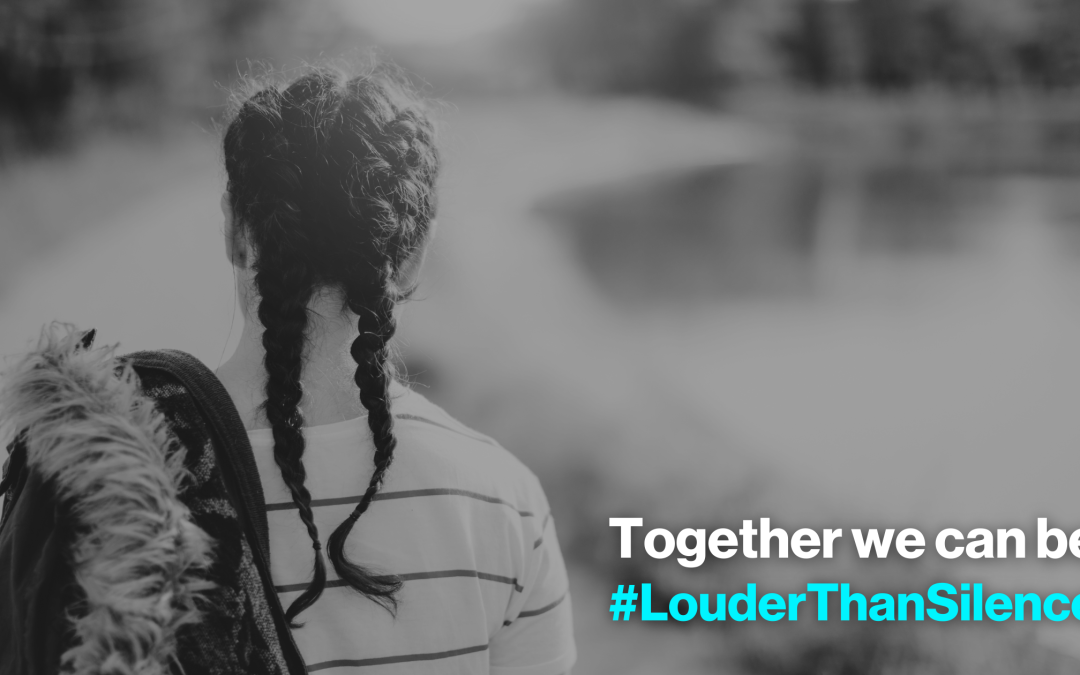According to the Centers for Disease Control and Prevention, one in seven children experienced some form of abuse in the last year. This, of course, only includes the number of children whose cases were documented—countless other incidents of abuse and neglect are never formally reported.
Experiencing trauma as a child can have a life-long impact. Adverse Childhood Experiences (ACEs) including abuse and neglect, have been shown to increase the likelihood that an individual will develop a variety of physical health issues (e.g., heart disease, cancer) as well as mental and behavioral health issues (e.g., depression, substance misuse).
While not all adults with ACEs will experience health problems later in life—resilience factors such as access to mental health services can help mitigate poor health outcomes—it’s clear that child abuse is a public health issue that demands everyone’s attention.
Why Do People Avoid Talking About Child Abuse?
For many, child abuse and neglect are taboo topics. It can be uncomfortable to consider that you may know someone who experienced childhood abuse, or that you may know an abuser. It can be unsettling to learn that some abusers of children are other children. The stigmatization of child abuse and neglect makes it hard to have important conversations about prevention and can leave many survivors afraid to share their story
Reasons Why Survivors Don’t Speak up
- They feel ashamed. Some individuals may feel a sense of shame or embarrassment about their abuse. This can come from the false belief that it was their fault or that they should have done more to stop it.
- They feel unsafe. Many survivors fear their abuser, especially in cases where the abuser threatens them to stay silent. Individuals may also worry about potential backlash from family, friends, or community members.
- They fear judgement. Because child abuse is so stigmatized, a survivor may worry that when people find out they have been abused, they will be viewed in a negative light.
- They don’t think they were abused. Survivors sometimes downplay or minimize their experience. For example, survivors of psychological abuse may think it doesn’t “count” because they were not physically harmed.
What You Can Do to Address Child Abuse and Neglect
You don’t need to be a survivor or know someone who has experienced abuse to become an advocate. Everyone can play a part in ending child abuse and neglect. When more people get involved and engage in honest conversations about this issue, we can raise awareness, reduce the stigma, support survivors, and create an environment where all children feel safe and loved.
Ways to Help
- Educate yourself. Look for resources on child abuse and neglect to become better informed about this important issue. Consider sharing the helpful information you find on social media and in your community to help raise awareness.
- Support survivors. Offer support to loved ones who experienced childhood abuse by listening, believing them, and letting them share their story on their terms.
- Support children. Create a safe and supportive environment for children in your community by promoting positive parenting and championing child-friendly policies and programs.
- Advocate for change. Advocate for policies and legislation that protect children and support survivors. Support or volunteer for organizations that work to prevent child abuse and provide support to survivors and their families.
Together We Can Be #LouderThanSilence
This April in honor of Child Abuse Prevention Month, The National Foundation to End Child Abuse and Neglect (EndCAN) is encouraging everyone to stand up and speak out. We know so many survivors who have had the courage to tell their stories, but they shouldn’t have to take on this issue alone. Everyone can contribute to the collective effort to end child abuse and neglect. Together we can be #LouderThanSilence.
Want to help? Consider donating to our April campaign.


Recent Comments